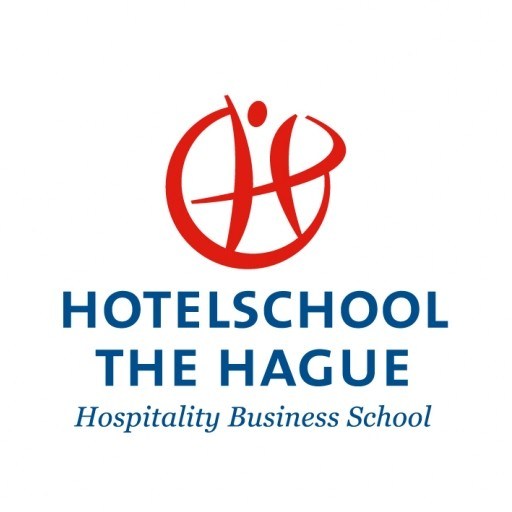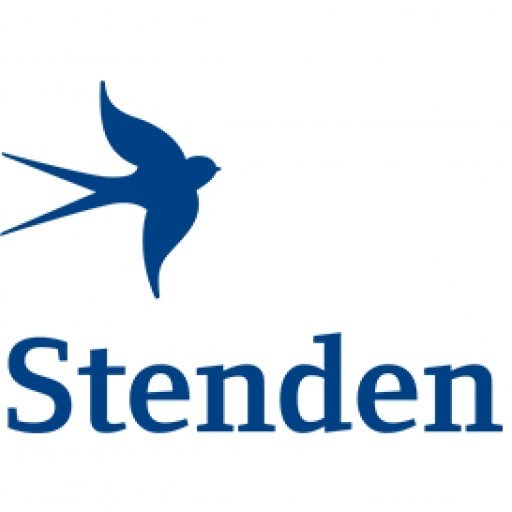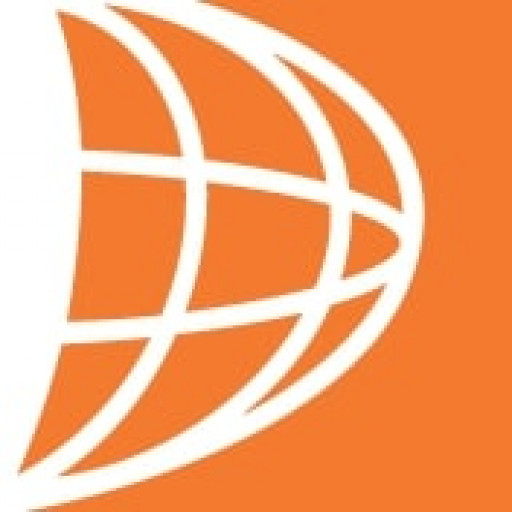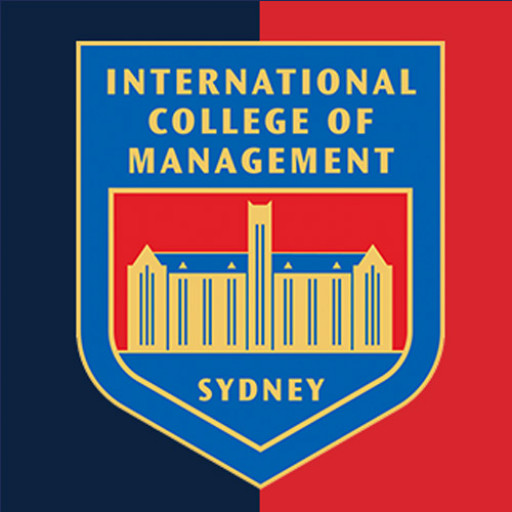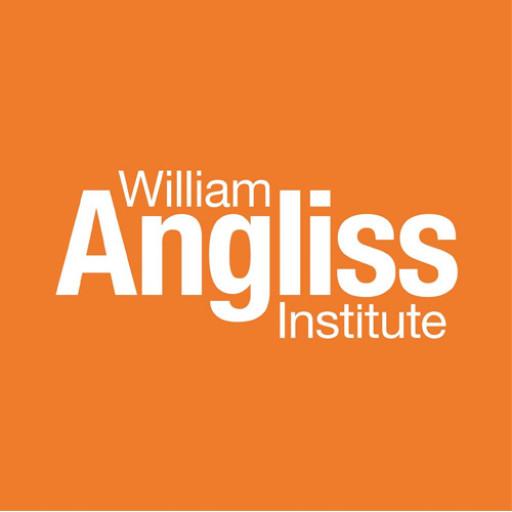Accreditation: NVAO, NVAO
Erasmus Mundus program: This is an Erasmus Mundus program.
The Bachelor's programme in Tourism at Wageningen University is designed to prepare students for a dynamic and evolving industry that plays a vital role in the global economy and cultural exchange. This programme provides a comprehensive understanding of the complex networks that underpin tourism, including economic, social, environmental, and cultural aspects. Students will explore the principles of sustainable tourism development, focusing on creating responsible travel practices that benefit local communities and conserve natural resources. The curriculum combines theoretical knowledge with practical applications, allowing students to develop critical thinking, problem-solving, and management skills essential for successful careers in the tourism sector.
Throughout the programme, students will study topics such as tourism marketing, policy analysis, visitor behaviour, and the impact of tourism on ecosystems and societies. They will also learn about innovative digital tools and data analysis techniques that support decision-making processes in tourism management. Emphasis is placed on understanding the diversity of tourism products and experiences across different regions and cultures, as well as the challenges and opportunities presented by emerging trends like ecotourism, cultural tourism, and technological advances.
The programme encourages an interdisciplinary approach, integrating insights from geography, economics, ecology, and social sciences to provide a holistic view of the tourism industry. Practical experience is a key component of the curriculum, with opportunities for internships, project work, and collaboration with industry partners. Students are also expected to engage in research activities, developing their ability to analyze tourism phenomena critically and contribute to innovative solutions for sustainable tourism development.
Graduates of this programme will be equipped with the knowledge and skills necessary to pursue careers in tourism planning, policy development, marketing, consultancy, or further academic research. They will be prepared to work in diverse environments such as governmental bodies, tourism organizations, travel companies, or non-governmental organizations dedicated to sustainable development. With a focus on responsible tourism and a global perspective, the Wageningen University Bachelor's programme in Tourism aims to foster professionals who are committed to making a positive impact on the industry and society as a whole.
Admission requirements
The BSc Tourism is given in the English language. All applicants, except native speakers, must provide recent evidence of their spoken and written command of English. The following qualifications are acceptable as evidence of proficiency in English for entry to the BSc Tourism programme: Vwo 6.0 or havo 7.0 for English language TOEFL paper-based 550, computer-based 213, internet-based 79 IELTS overall grade 6.0 (with a minimum sub score of 6.0 for speaking) Cambridge Certificate of Advanced English (CAE): pass at grade C or above Cambridge First Certificate (FCE): pass at grade B/C or above (Note: German students that have done either Leistungskurs, Neigungsfach or Profilfach English are exempted from the TOEFL or IELTS test)
Other requirements
- taaltoets cijfer De opleiding BSc Tourism wordt in Engels gegeven. Iedereen die zich aanmeldt moet kunnen aantonen dat het niveau van geschreven en gesproken Engels voldoende is. De volgende kwalificaties tonen aan dat je Engelse vaardigheden voldoende zijn voor BSc Tourism: VWO 6.0 of HAVO 7.0 voor Engels TOEFL paper-based 550, computer-based 213, internet-based 79 IELTS gemiddeld 6.0 (met een minimum score van een 6.0 voor spreekvaardigheid) Cambridge Certificate of Advanced English (CAE): minimaal niveau C Cambridge First Certificate (FCE): minimaal niveau B/C (Let op: Duitse studenten die Leistungskurs, Neigungsfach or Profilfach English hebben gedaan, hoeven geen TOEFL of IELTS test aan te tonen)
- taaltoets cijfer The BSc Tourism is given in the English language. All applicants, except native speakers, must provide recent evidence of their spoken and written command of English. The following qualifications are acceptable as evidence of proficiency in English for entry to the BSc Tourism programme: Vwo 6.0 or havo 7.0 for English language TOEFL paper-based 550, computer-based 213, internet-based 79 IELTS overall grade 6.0 (with a minimum sub score of 6.0 for speaking) Cambridge Certificate of Advanced English (CAE): pass at grade C or above Cambridge First Certificate (FCE): pass at grade B/C or above (Note: German students that have done either Leistungskurs, Neigungsfach or Profilfach English are exempted from the TOEFL or IELTS test)
The financing options for the Bachelor's degree programme in Tourism at Wageningen University and Research are designed to accommodate both domestic and international students. Students are encouraged to explore various funding sources to support their education, including government loans, scholarships, grants, and personal finances. Dutch students typically have access to government student loans and grants, such as the Dienst Uitvoering Onderwijs (DUO) loans, which can help cover tuition fees and living expenses. International students are advised to seek scholarships offered by Wageningen University, the Dutch government, or external organizations dedicated to fostering international education. Wageningen University provides several scholarship opportunities, including the Holland Scholarship and other faculty-specific grants aimed at talented students. Additionally, students may consider external funding options such as Erasmus+ grants for European students or national scholarship programs from their home countries. Tuition fees for the Tourism programme vary for EU/EEA students and non-EU/EEA students, with separate fee structures established annually by the university. Students are responsible for managing their budget, which includes tuition, accommodation, health insurance, and daily living costs. Wageningen University also offers financial guidance through its Student Service Centre, which supports prospective and current students in understanding their financial obligations and available support. It is recommended that applicants start their financial planning early to ensure sufficient resources for their studies. For students from outside the Netherlands, additional expenses such as visa fees and international health insurance should be considered. Overall, while financing a degree in Tourism at Wageningen University requires careful planning, a variety of financial aid options are available to help students achieve their academic goals.
The MSc in Tourism at Wageningen University and Research is a comprehensive programme designed to prepare students for a career in the sustainable development and management of tourism. The programme focuses on the complex interrelations between tourism, society, and the environment, emphasizing the importance of sustainable practices that balance economic, social, and ecological considerations. Students will gain a thorough understanding of how tourism impacts local communities, ecosystems, and global economies, and will develop skills to create innovative solutions for sustainable tourism development.
The curriculum includes modules on tourism theories, policies, and strategies, as well as practical training in planning, management, and marketing of tourism enterprises and destinations. Students are encouraged to critically analyze tourism trends and challenges through interdisciplinary perspectives, integrating insights from environmental science, social sciences, and economics. The programme also offers specializations and electives that allow students to tailor their education according to their interests, whether it be ecotourism, cultural tourism, or innovative tourism entrepreneurship.
Research is a significant component of the MSc, providing students with the opportunity to undertake independent projects that contribute to the academic and practical knowledge in the field. Wageningen University’s strong emphasis on sustainability and innovation ensures that graduates are equipped with relevant, forward-thinking skills in tourism management. The programme prepares students for careers in various sectors, including government agencies, international organizations, NGOs, and private companies involved in tourism planning, development, and consultancy.
The university’s interdisciplinary approach fosters collaboration across different fields of expertise and encourages students to develop holistic, sustainable solutions to tourism challenges. Practical experience is also gained through fieldwork, internships, and collaborations with industry partners, offering valuable real-world exposure. Graduates of the programme will be able to critically assess tourism policies and practices, contribute to sustainable tourism development initiatives, and drive positive change within the tourism sector globally.

